

Higher education institutions are mandated to render extension service hand in hand with instruction, research and production. This is in recognition of the vital role that colleges and universities play in the development of communities especially the underserved and depressed.
Batangas State University, as a leading institution of higher learning, is committed to carry out its extension service function with the creation of the Office for Extension Services under the ultimate goal of achieving sustainable Programs, Project and Activities (PPAs) recognized not only in the province but also in the region. It is also intended that University can respond more adequately to the training needs of the communities, industries, public and private agencies/ organizations and the members of the academe.
An extension service that promotes inclusive growth and empowers communities and other vulnerable sectors through research- and rights-based extension Programs, Projects, and Activities (PPAs) in collaboration with government and non-government agencies, and private partners towards attainment of Sustainable Development Goals.
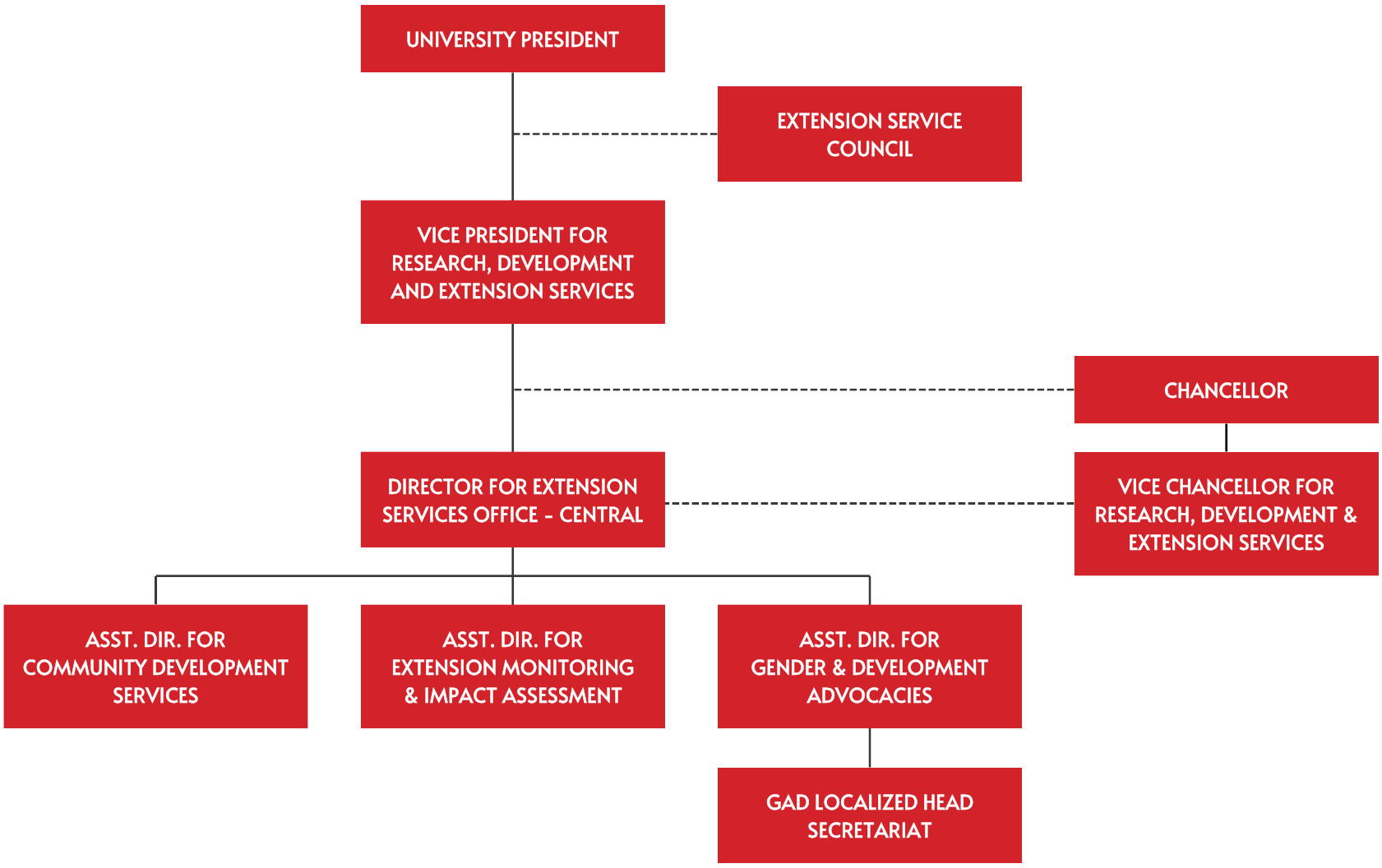
The Extension Services of the University is part of its Strategic Plan, particularly Pillar 3 on Social Relevance, to wit:
“The University shall respond to problems in communities and industries through the development of relevant institutional programs, provision of expertise and quality services, and strategic partnerships and knowledge–based solutions to achieve a more sustainable future. In particular, the University shall take a proactive role in advancing the sustainable development strategies and educating the public on emerging and pressing social concerns.”
The Goal of Social Relevance as a Pillar of the Strategic Plan is to provide responsive sustainable solutions for social development through community partnerships. In order to attain this, the strategy identified is through intensifying research-based extension services programs focused on issues of national importance such as poverty, protection and preservation of natural resources, and disaster risk reduction and management.
The University’s Extension Services purposively acts to communicate, persuade and help specific sectors or target clienteles (as distinguished from those enrolled in formal degree programs and course offerings) to enable them to effectively improve production, community and/or institutions, and quality of life (CHED CMO No. 8, Series 2008) through its Extension agenda. The Extension Agenda intends to contribute to the attainment of the 17 Sustainable Development Goals, and corresponds to the Programs implemented by the Office, as shown below.
BatStateU Inclusive Social Innovation for Regional Growth (BISIG) Program
The BISIG program includes projects, namely: Community Learning Exchange (CommLEx), Social Innovation Geared to the Protection and Advocacy for Water Shed Rehabilitation (SIGPAW) Project, BOOTCAMP: Youth Engagement Project towards Innovative Solutions among Communities, and Sulong ESO saMasiglangEkstensyon – Extension Related Webinar Activities.
CommLEx aims to be a platform for social concerns exchange between students, researchers, extensionists, field specialists, LGUs, and community members. The program also aims to produce innovative social solutions for the concerned communities The SIGPAW Project aims to improve the condition of watersheds for sustainability. The BOOTCAMP aims to promote participation in social innovation among out-of-school youths, and junior high school students – both to increase the awareness and engagement of the youth. Sulong ESO saMasiglangEkstenyon is a series of extension activities conducted via webinar to be able to implement PPAs in time of pandemic.
9 13 14
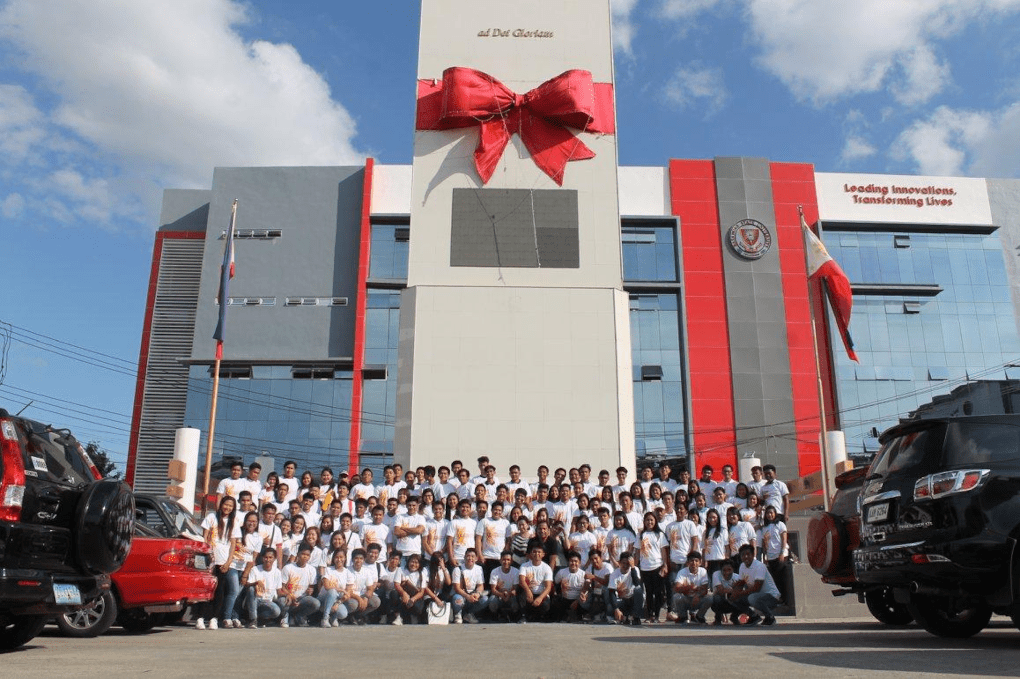
Livelihood and other Entrepreneurship related on Agri-Fisheries (LEAF)
LEAF aims to identify potential extension programs for the livelihood and entrepreneurship for agri-fisheries. The objective of the program is to reduce poverty and inequality by generating employment and source of income among poor households and by moving highly vulnerable households into sustainable livelihoods and toward economic stability. The program addresses the zero poverty and decent work and economic growth as reflected in the Sustainable Development Goals of 2030.
Webinar topics includes:
1 5 8
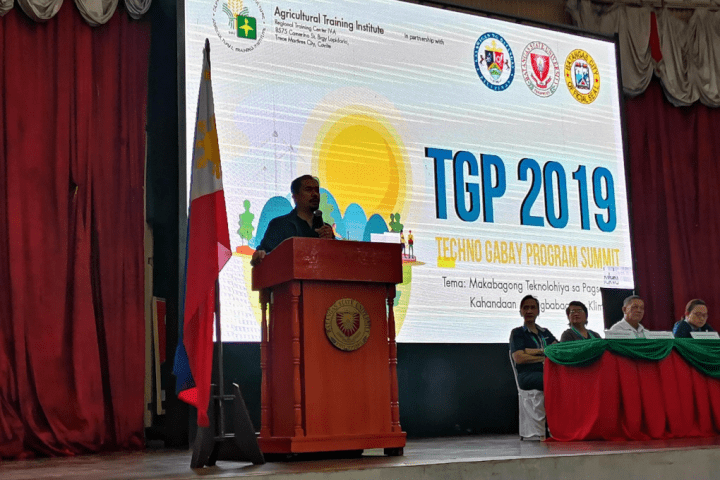
Environment and Natural Resources Conservation, Protection and Rehabilitation Program
The program aims to preserve the biodiversity, increase the productive capacity of watershed rainforest towards sustainable resource-based for watershed communities through research-based and extension program, project and activities.
Projects and activities implemented include:
5 13 14 15
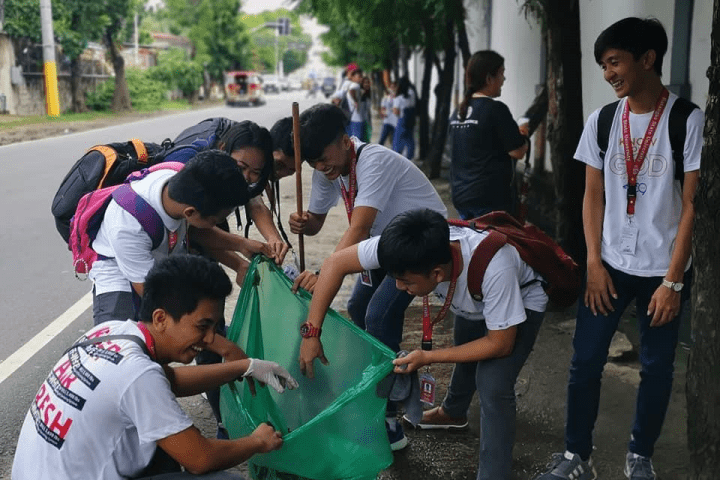
Smart Analytics and Engineering Innovation
The program aimed at fostering and enabling research that can help date users such as small to medium business enterprises, industry, local governments, legislators, policy makers , teachers , students, individuals and families and other stakeholders harness the potential of data , in varying levels of complexity , in order to make informed decisions. Innovations such as smart predictive informatics tools are needed to help make sense of ever increasing configurations of data, and thereby aid in day–to-day productivity as well as support macro goals of economic competitiveness.
9
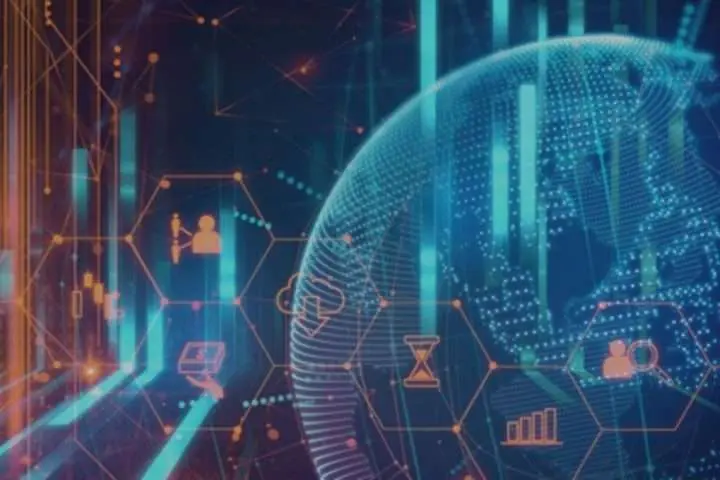
Adopt-a-Municipality/Adopt-a-Barangay/ Social Development Thru BIDANI Implementation
The program aims to design, develop, implement and evaluate/assess the research-based high impact community development services projects activities utilizing an approach that promotes nutrition-in-development through a local participative and integrated management system which addresses one of the Sustainable Development Goal pertaining to good health and well-being of the community.
Projects and activities implemented includes various training such as:
3 5
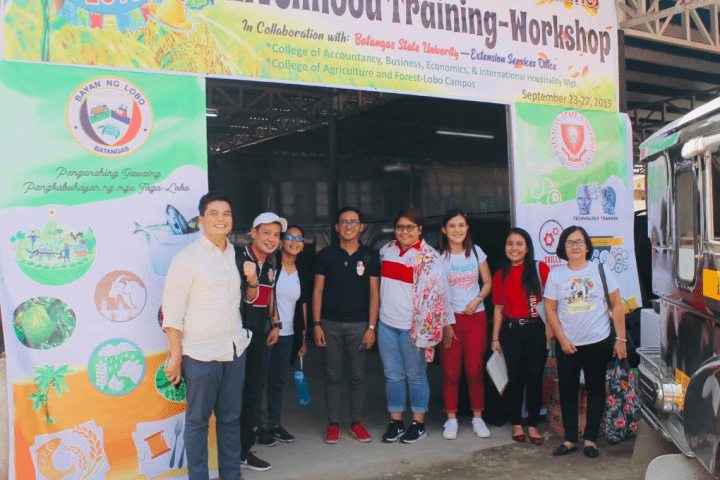
Community Outreach Program
The program aims to encourage the participation of the high University stakeholders (students, parents, teachers, staff, personnel and alumni) in social development work and collaborate with community-based organizations and institutions in their efforts to promote a just, loving, equitable, and humane society. This also aims to improve the quality of life at the grassroots level.
2 3
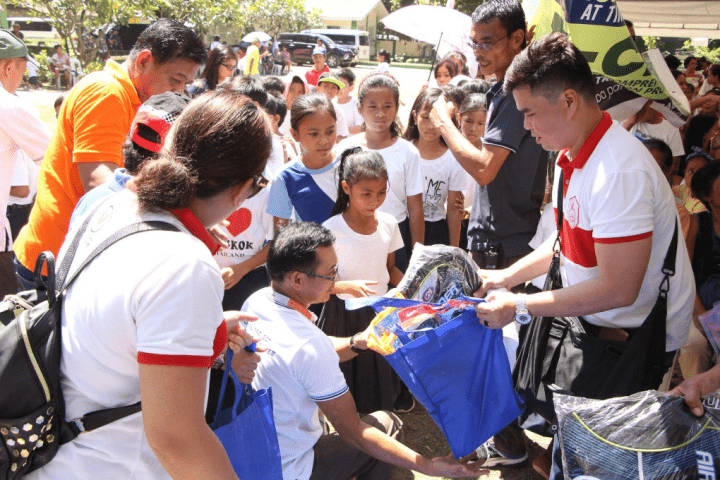
Technical-Vocational Education and Training (TVET) Program
The overall objective of the TVET Program is to provide the economy with qualified and competitive workers and to train citizens to participate in sustainable growth and poverty reduction by ensuring training opportunities to all social groups without discrimination.
Projects and activities implemented includes:
5 8 9

Technology Transfer and Adoption/Utilization Program
The program aims (1) to assist and support the faculty and students in creating avenues for technology transfer and commercialization of their research, (2) to build and enhance the technological capabilities of the faculty for more effective extension service through technology assessment, transfer, adoption, utilization and commercialization of research outputs, (3) to assist the education, community and industry sectors through technology advancement and innovation, (4) to facilitate the transfer of high impact research outputs for the utilization of the education, community and industrial sectors and (5).to ensure the quality of the research – based technologies in the services areas through assessment and monitoring.
Projects and activities implemented include:
1 5 9 11 8

Technical Assistance and Advisory Services Program
Specifically, the program aims to identify strategies to improve productivity of small and medium manufacturing enterprises, Local Government Units, SME’s and other GA and NGAs through technical inputs and capacity building, including support for stakeholder consultations. Outputs will include support for policy reforms and capacity building in the areas of business regulation, access to finance, and public-private partnership (PPP).
Projects and activities implemented includes:
Webinar topics includes:
1 5 9 11 8
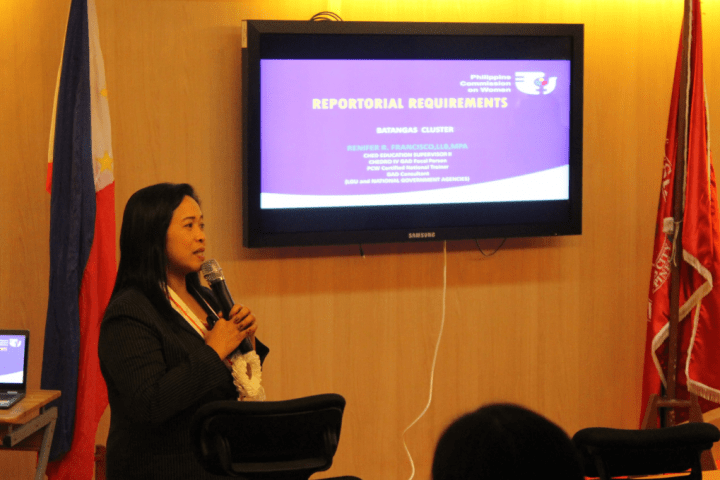
Parents’ Empowerment through Social Development (PESODEV) Program
PESODEV aims to provide livelihood, gender and development, responsible parenting and socio-cultural training and activities for parents to make them active members of the communities they belong to, including the University system.
1 3 5
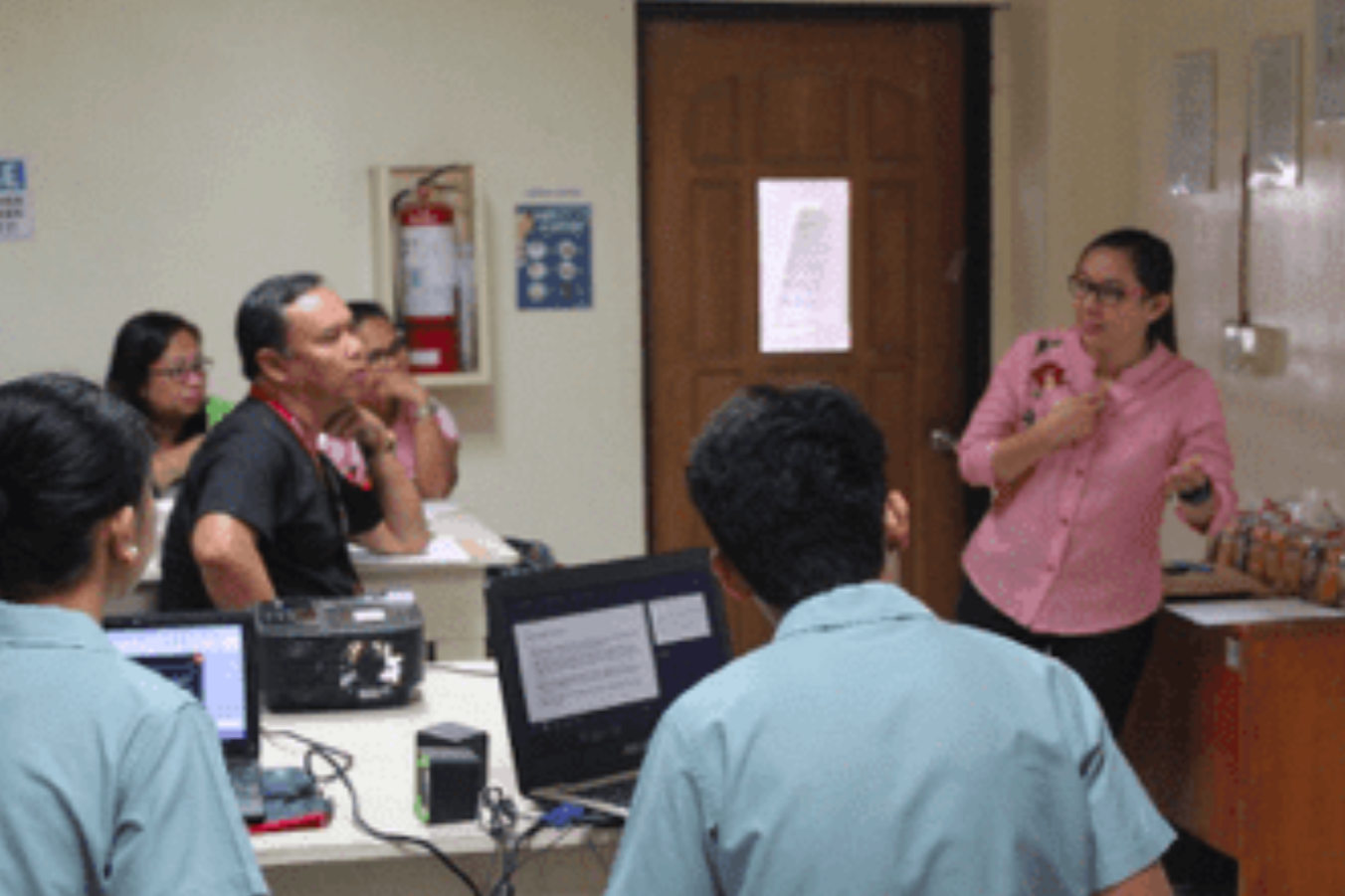
Gender and Development
GAD program aims to: (1.) Mainstream GAD in curriculum research and extension (2.) Institutionalize gender responsive mechanisms in the university (3.) Develop and recognize gender responsive members of the academic community and external stakeholders (4.) Establish sustainable partnerships with external stakeholders and technical experts, and foster cooperation in the planning, development implementation, monitoring and evaluation of GAD PPAs (5.) Construct/upgrade facilities, which would address Gender concerns of stakeholders.
Information Campaign to End VAW
5
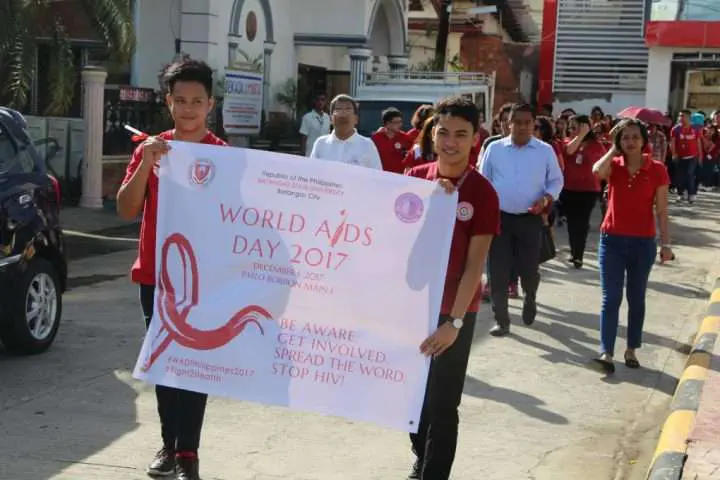
Disaster Risk Reduction and Management and Disaster Preparedness and Response/Climate Change Adaptation Program (DRRM and DPR/CCA)
The program aims to promote a safe and secure environment for people and communities. Specifically, the program aims to increase awareness of people on DRRM and DPR/CCA, to increase safety and preparedness of the community members, to understand the proper response movement and evacuation in an emergency, to ensure the health and safety of the people during calamities and disasters and to train volunteers to respond to the needs of people and communities.
Project and activities implemented includes:
5 13

